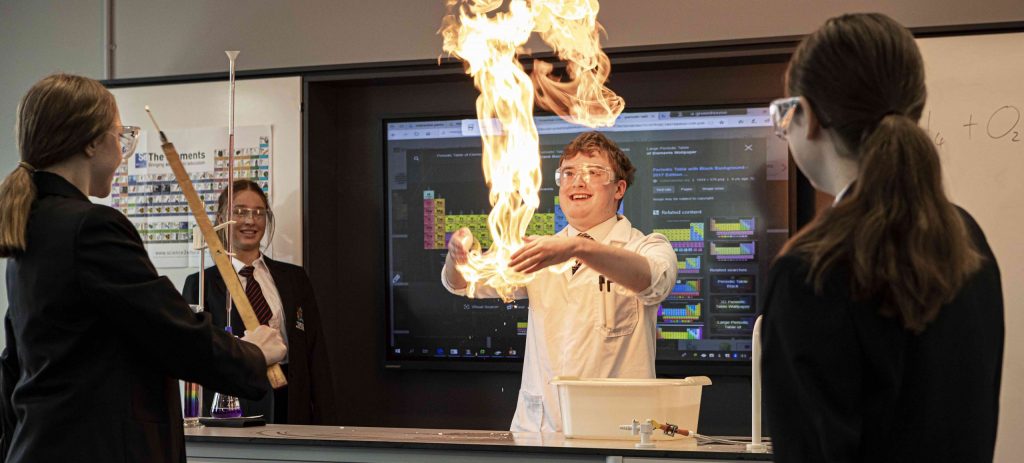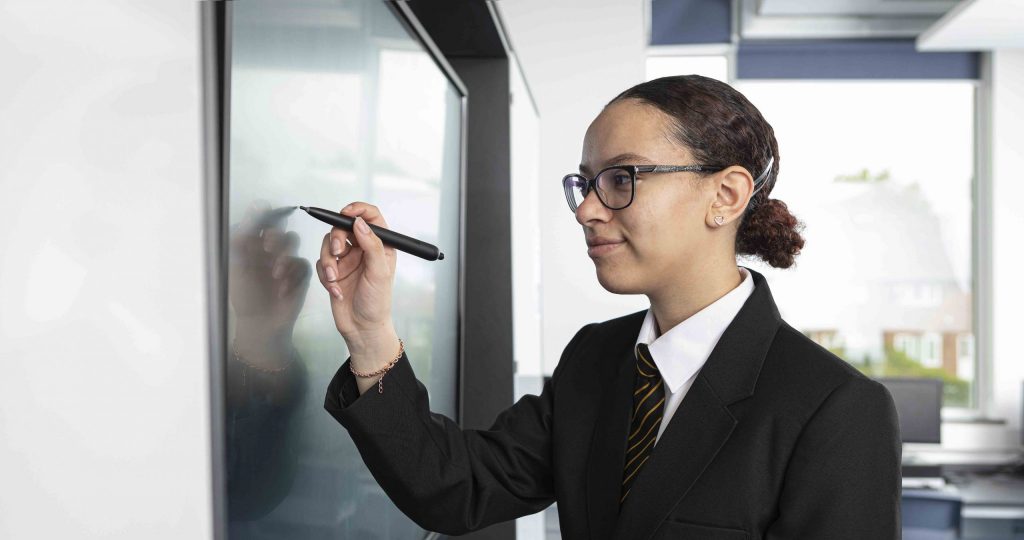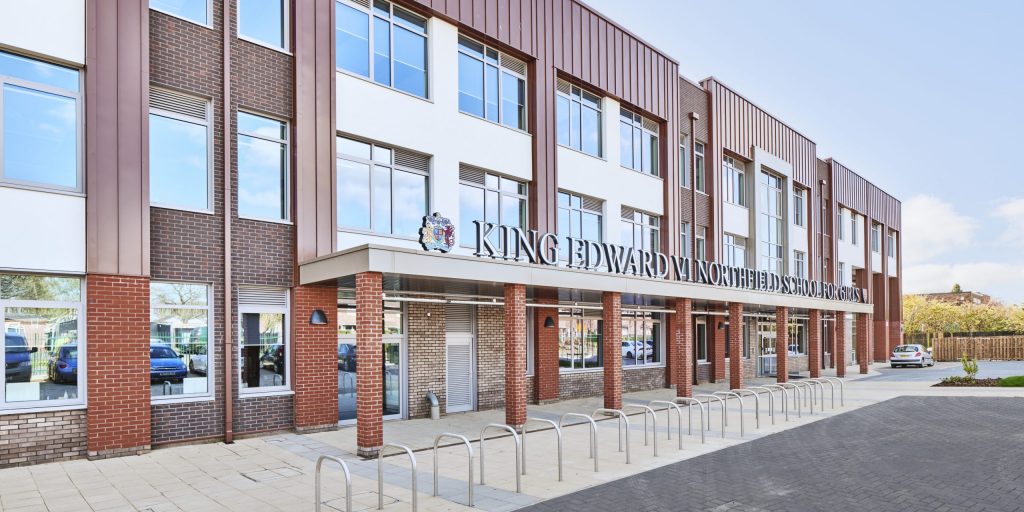The Science Faculty strives to prepare pupils for a life of science understanding, beginning at the start of Year 7.
We believe every subject in Science is important to all pupils for life after school. As such, we aim to promote these subjects in terms of their career options and relevance to every day life. The curriculum meets and expands upon the National Curriculum, providing a clear learning path from Year 7 through to examinations in Key Stage 4 and beyond. Science is taught in 6 bespoke Science labs with access to IT suites for certain lessons.
Our curriculum aims are:
· To foster enjoyment and excitement in science through findings answer to questions about the world and the Universe.
· To continue to develop an increasingly interlinked body of knowledge across ten “big ideas” revisited and expanded upon each year.
· To continue to learn how to carry out scientific enquiry, through investigative work and learning about scientific discoveries.
· To understand the significance of science to their lives, including health and the challenges of providing world resources.
· To learn how science links to a range of a career opportunities
We encourage pupils to apply their scientific understanding throughout the school especially in other STEM (Science, Technology, Engineering and Maths) subjects.
During years 7, 8 and 9 all pupils study science for 7 hours a fortnight, in which they learn about aspects of Biology, Physics & Chemistry through ten “Big Ideas” which are build upon each year. At KS4, all pupils study science as it is a core subject. There are two options, Combined Science (8 hours a fortnight) and Triple Science (13 hours a fortnight). Pupils can also choose to study Health and Social care and Computer Science at Key Stage 4.
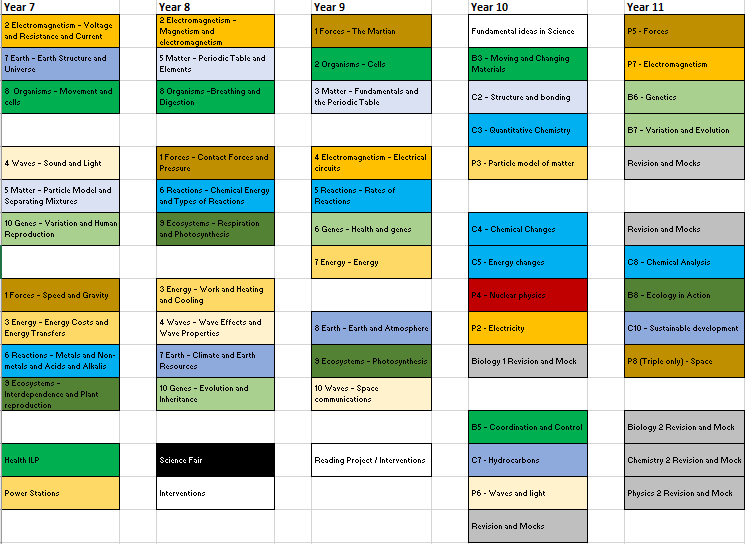
For further information, please see our pages on KS3 Science, KS4 Science, and Health & Social Care.
Biology
Biology is the study of living things, both those alive today and those we know about from fossils. It includes Human Biology but goes well beyond this, covering Ecology, Plant Biology and Microbiology.
The subject aims to encourage pupils to ask questions such as:
- Should we genetically engineer organisms to be more like our ‘perfect’ requirements?
- Why are individuals different?
- How can we feed the world?
- Will medicine be able to make us live forever?
We hope that through the study of Biology we can open the pupils’ eyes to the wonder of the living world from sub-cellular organelles through to whole ecosystems and human impact on the environment. A wide range of activities are used to make the subject as practical, engaging and challenging as possible from Key stage 3 through to Key Stage 4.
Practical work forms the backbone of class activities wherever possible in order to develop analysis and interpretation skills as well as helping the girls to challenge their understanding of the biological concepts learnt.
The emphasis in Biology lessons is to give the pupils an opportunity to work things out for themselves to help them to gain a deeper understanding rather than just learning facts. Other class activities such as internet research, peer teaching, role play and field work ensure that lessons are active and engaging whilst also providing challenge.
Careers related to Biology include Pharmacy, Medicine, Microbiology, Dentistry, Veterinary Surgeon and Nursing.
Chemistry
Chemistry is a varied and fascinating subject, which allows students to investigate and understand the world around them. The department aims to stimulate students’ curiosity and cultivate a life-long interest in science by looking at how our everyday lives are touched by Chemistry. For example, each time we light a match, cook a meal or simply breathe in and out, we are performing chemical reactions. Our homes are manufactured using materials obtained by chemical processes and we use chemistry to solve some of the world’s most pressing problems, including how to feed our growing population and how to take positive steps to tackle climate change and reduce our carbon footprint.
Chemistry is not studied alone; students will often find topics overlapping with biology and medicine, with physics and engineering, and with geography and earth science.
Careers related to Chemistry include Pharmacy, Dentistry, Medicine and various laboratory-based careers.
Physics
Physics is the study of the physical world and allows you to explain why things happen.
- Why does a plane fly?
- Why does an ice skater spin faster when she pulls her arms in?
- Why can’t you make a swing catch another swing up?
In the department we stimulate curiosity and provide a positive atmosphere for the girls to succeed in Physics through curiosity and investigation. We strive to ensure that all pupils enjoy Physics as a subject that is relevant to them and that they are confident in, leading to continued study and related careers.
Careers in Physics include Engineering, Telecommunications, Aerospace and the nuclear industry.
Extra-Curricular
There is a weekly after-school Science club where pupils in Years 7 and 8 can experience a variety of fun, hands-on Science.
Booster groups are run weekly for Year 11 pupils, with an open-door policy for pupils to ask for support from staff at other times.
Careers
A variety of careers are embedded into the curriculum.
The school is also part of the Lord Bhattacharya grant scheme – promoting engineering through ongoing development of curriculum, extra-curricular events and resources.
Key Stage 2
We are always keen to support colleagues in Primary schools. Alongside our transition work in Years 5 and 6 we also visit schools to support assemblies (e.g. Science week) and other activities with pupils and staff.
We are also keen to expand the schools participating in our Science Fair celebration at the end of summer every year. This builds upon our historical links with schools in Chicago, IL.
